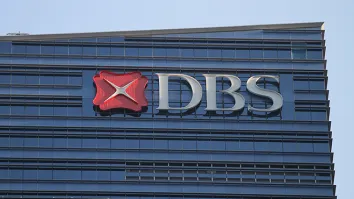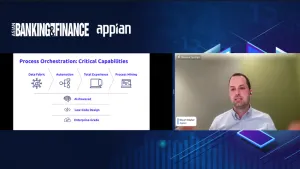
Check out Wing Hang Bank's latest M&A play
Analysts expect it would attract a rich scarcity premium.
Wing Hang’s controlling shareholders have received an approach to buy their shares, so the stock is in play.
There is no certainty of a deal but, given the dearth of remaining independent banks in Hong Kong, CLSA analysts expect it would attract a rich scarcity premium.
"Our HK$132 probability-weighted target assumes a 1.8x 14CL PB, capturing both a takeover premium and the risk of no deal. That implies 13% upside, enough for an Outperform rating, but we would not chase the stock at current levels."
Here's more from CLSA:
Scarcity value
On 16 September Wing Hang announced that an as-yet-unnamed third party had approached its controlling shareholders, the Fung family and Bank of New York Mellon, with a proposal to buy all their shares. Any such sale would trigger a mandatory general offer, and Wing Hanc spiked 39% the day it resumed trading. The stock is now clearly in play.
In the shadow of giants
Wing Hang is a small name within the Hong Kong domestic banking system, with about a 2% market share of loans for use in the territory. Due to the growth of its Macau and mainland operations, its overall balance sheet is larger than this would suggest, with about 40% of its loan book ex-HK.
Return profile compressed, along with the sector
Like its Hong Kong banking peers, Wing Hang has experienced considerable compression of returns over the past two decades, with ROA going from above 1.5% at the start of the 2000s to below 1% in recent years, resulting in a compression of ROE from mid-teens down to 10%. This is likely to have a material bearing on the multiple a potential corporate aquirer pays.
Upside from M&A
At 1.2x book, Wing Hang was not particularly expensive before the recent announcement and did not reflect a premium for its considerable M&A appeal. Even after rallying substantially since trading resumed, we see further upside, as our new HK$132 target incorporates a 1.8x 14CL PB multiple. This implies 13% upside - enough to warrant our Outperform rating, but not enough for a BUY, hence our recent (17 September) downgrade.
















 Advertise
Advertise






